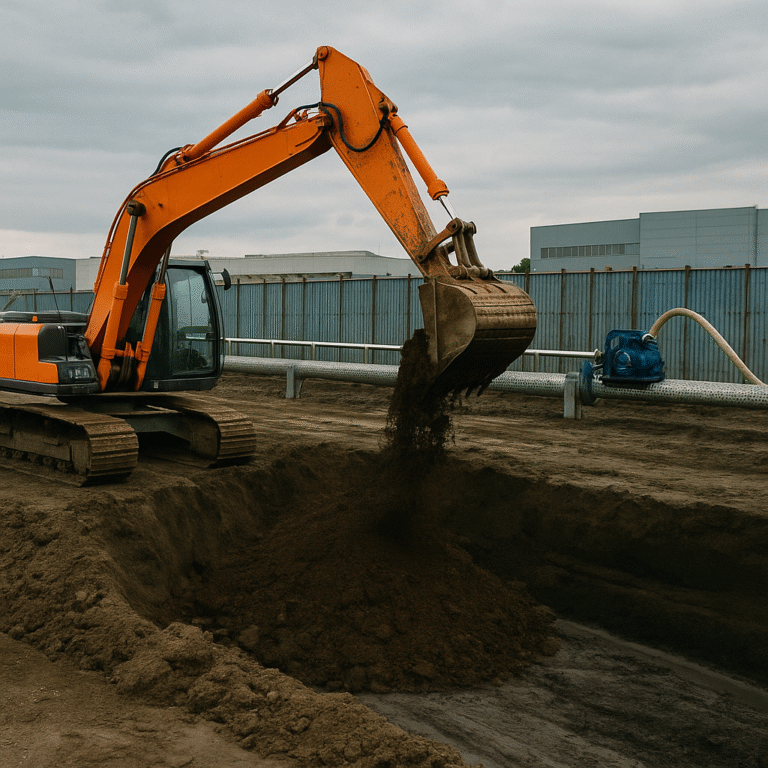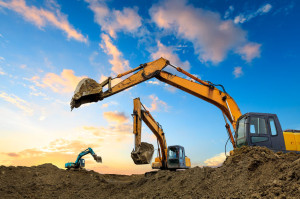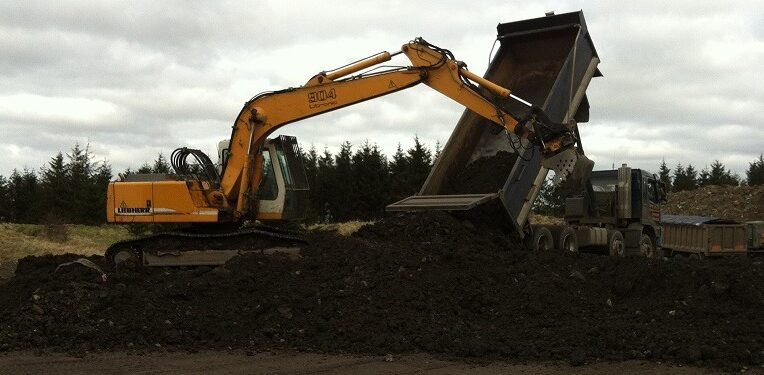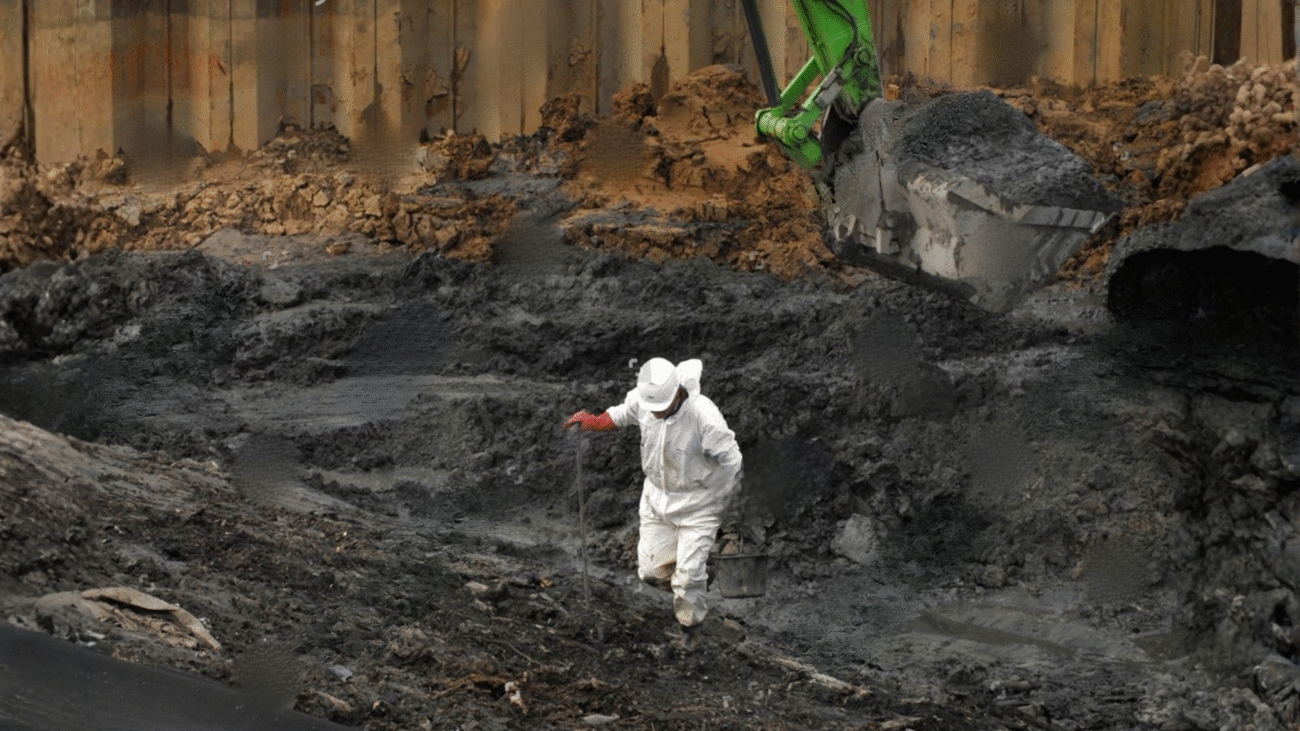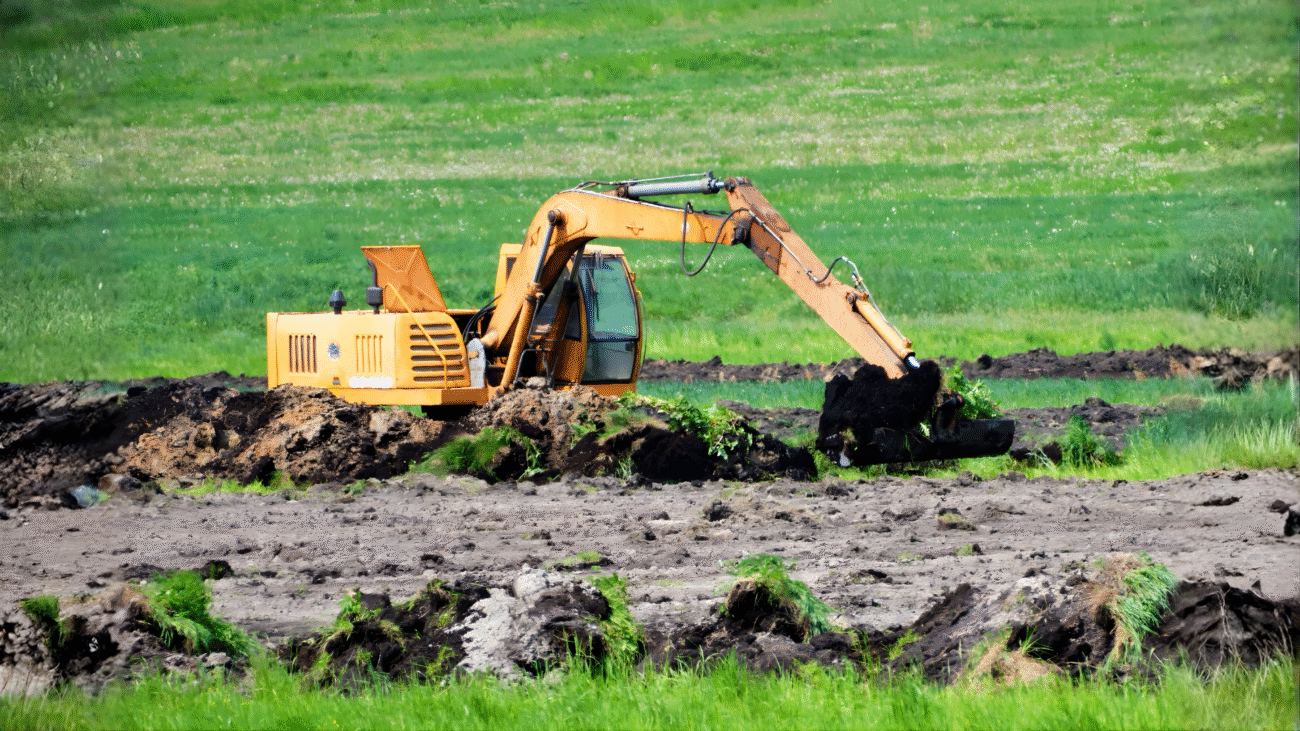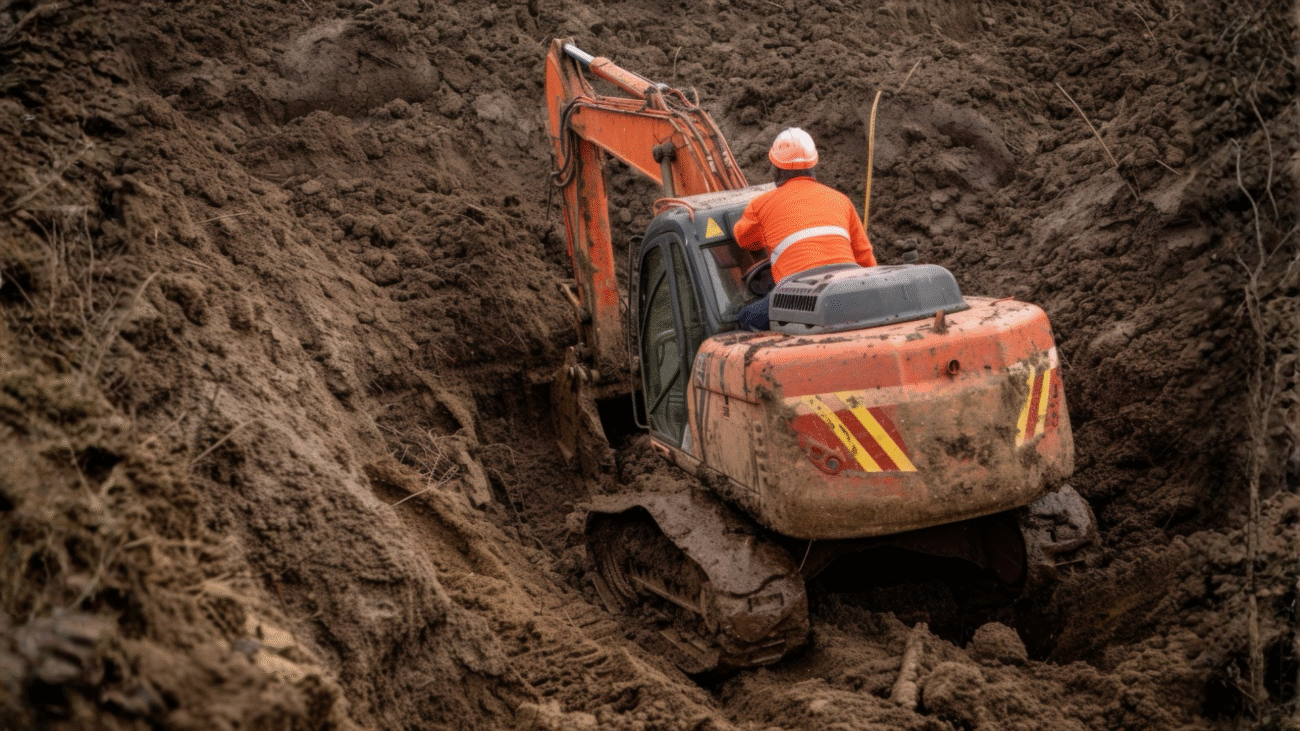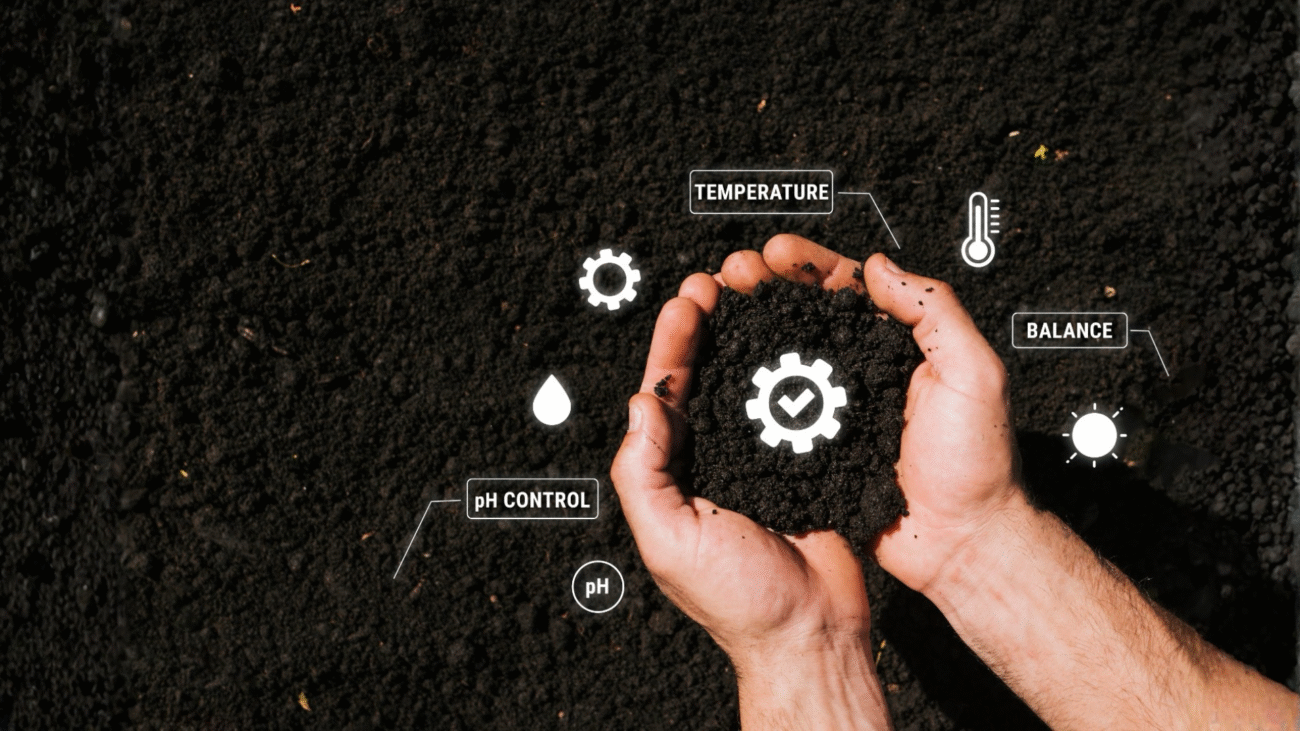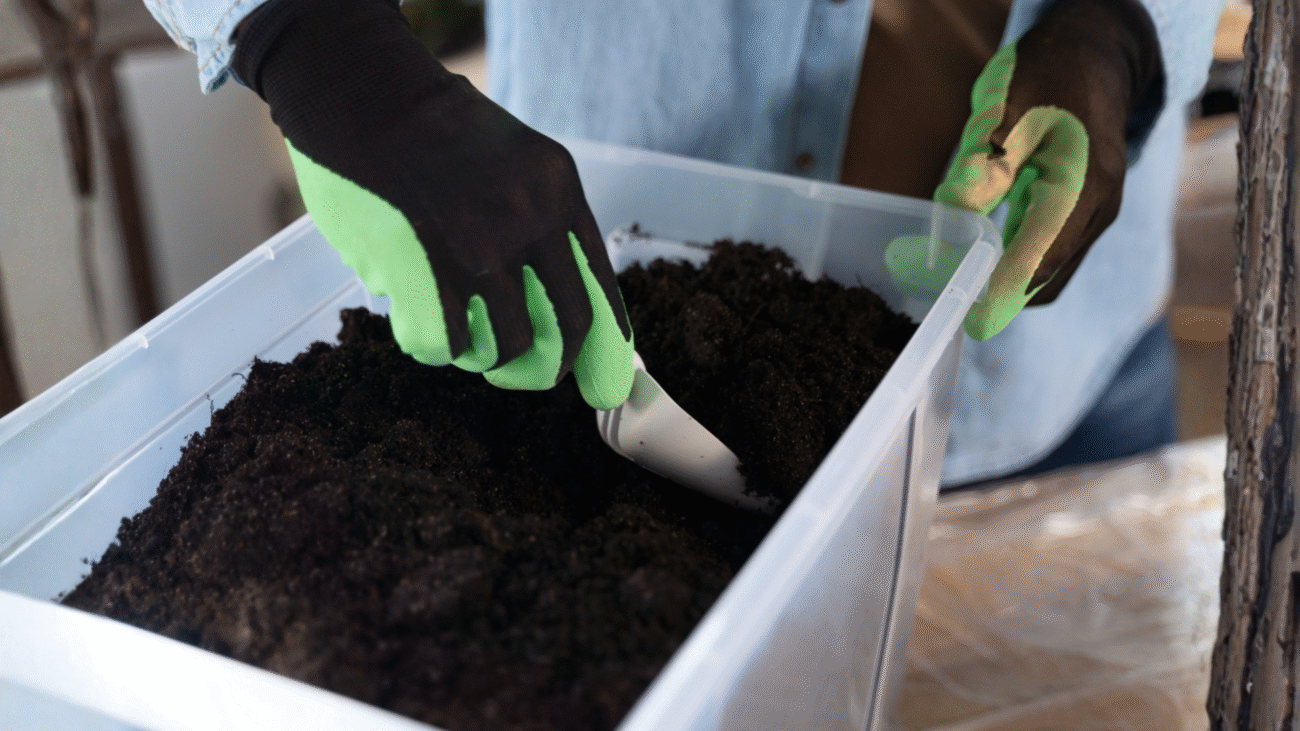Restoring Contaminated Land, Protecting Water
Introduction
Soil remediation services in Goa are essential to address the growing challenges of soil and groundwater contamination in the state. Goa, India’s coastal jewel, is renowned for its beaches, tourism, and cultural heritage. Yet, mining legacies, industrial expansion, agriculture, and unchecked urban growth are putting the fragile environment under pressure. With sandy soils, high rainfall, and vulnerable aquifers, pollutants spread rapidly, threatening communities and ecosystems.
At The Ground Water Company, we provide expert soil remediation services in Goa, designed to restore degraded land, protect aquifers, and ensure sustainable growth. Our team applies contaminated soil remediation, gas station soil remediation, and multiphase extraction remediation techniques to tackle diverse pollution challenges effectively.
What Is Soil Remediation?
Soil remediation refers to the process of removing, neutralizing, or stabilizing contaminants in the soil to make it safe for reuse. This not only ensures cleaner land but also prevents harmful substances from entering Goa’s groundwater and rivers.
In Goa, common soil pollutants include:
- Heavy metals – from decades of iron ore mining and industrial operations
- Hydrocarbons & solvents – from shipyards, ports, and fuel storage depots
- Agricultural residues – pesticides and fertilizers used in cashew, paddy, and coconut farming
- Urban waste leachate – pollution from poorly managed landfills and tourism-driven development
Soil Contamination Challenges in Goa
Goa’s unique coastal geography creates distinct environmental challenges:
- Mining Residues – Waste dumps from iron ore mining often leach heavy metals into soil and groundwater.
- Industrial Effluents – Shipbuilding, fuel storage, and chemical units contribute hydrocarbons and solvents.
- Tourism & Urban Growth – Rapid construction of hotels, resorts, and infrastructure strains waste management systems.
- Agricultural Practices – Fertilizer and pesticide use adds chemical residues to soil and aquifers.
- Coastal Vulnerability – Sandy soils and heavy monsoons allow pollutants to travel quickly into rivers and estuaries.
Our Soil Remediation Services in Goa
At GWC, we bring together hydrogeological expertise and environmental engineering to design remediation strategies suited to Goa’s conditions. Our services include:
- Detailed Site & Soil Investigations – Identifying contamination hotspots and evaluating aquifer risk.
- Bioremediation – Harnessing natural microorganisms to break down organic pollutants.
- Soil Washing & Stabilization – Physically removing contaminants and neutralizing toxic metals.
- Thermal & Chemical Treatments – Addressing hydrocarbons and solvents from industrial activities.
- Containment & Capping – Securing waste dumps and preventing further pollutant spread.
Why Soil Remediation Matters in Goa
-
Protects Aquifers & Coastal Waters – Prevents toxic leaching into rivers, estuaries, and drinking water sources through multi phase extraction remediation.
-
Enables Safe Development – Makes contaminated sites usable for housing, tourism, and infrastructure projects using sewage contaminated soil treatment techniques.
-
Ensures Compliance – Meets guidelines set by the Goa State Pollution Control Board (GSPCB) and national laws while implementing thermal treatment soil remediation.
-
Safeguards Agriculture & Health – Improves soil fertility while reducing community exposure to toxins.
-
Preserves Goa’s Natural Heritage – Supports the ecosystems that sustain tourism and local livelihoods.
Other Services We Provide in Goa
Beyond soil remediation, GWC also offers integrated groundwater and environmental solutions:
- Ground Water Recharge
- Ground Water Seepage
- Rock Mapping
- Ground Water Consulting
- Ground Water Quality Monitoring
- Groundwater Remediation
- Integrated Water Resource Management
- Water Risk Assessment Audit
- Flooding Solutions
- Dewatering Solutions
- Ground water contamination
- ground water exploration
Conclusion
In a coastal state like Goa, protecting soil and groundwater is critical not just for the environment, but for tourism, agriculture, and community well-being. At The Ground Water Company, our soil remediation services in Goa are built to tackle today’s contamination challenges while securing a sustainable future for the state.



